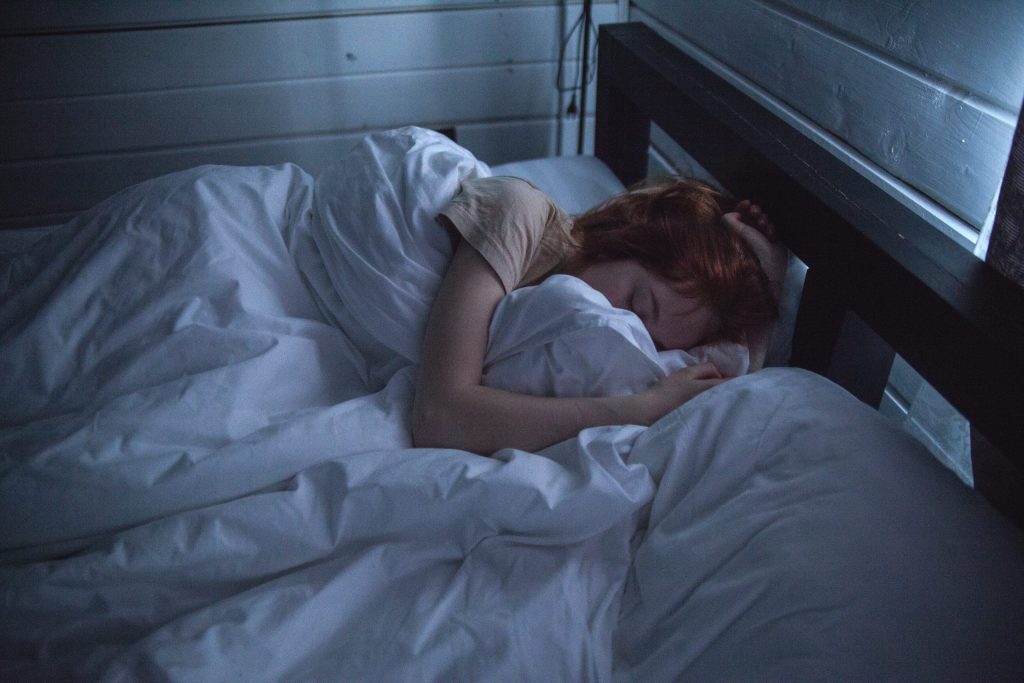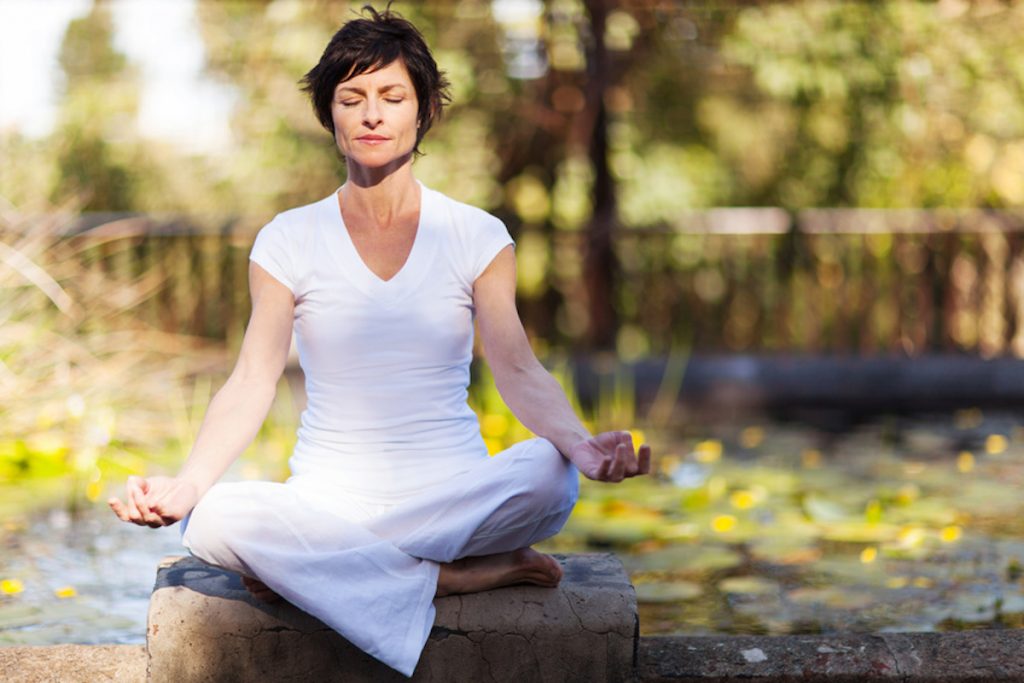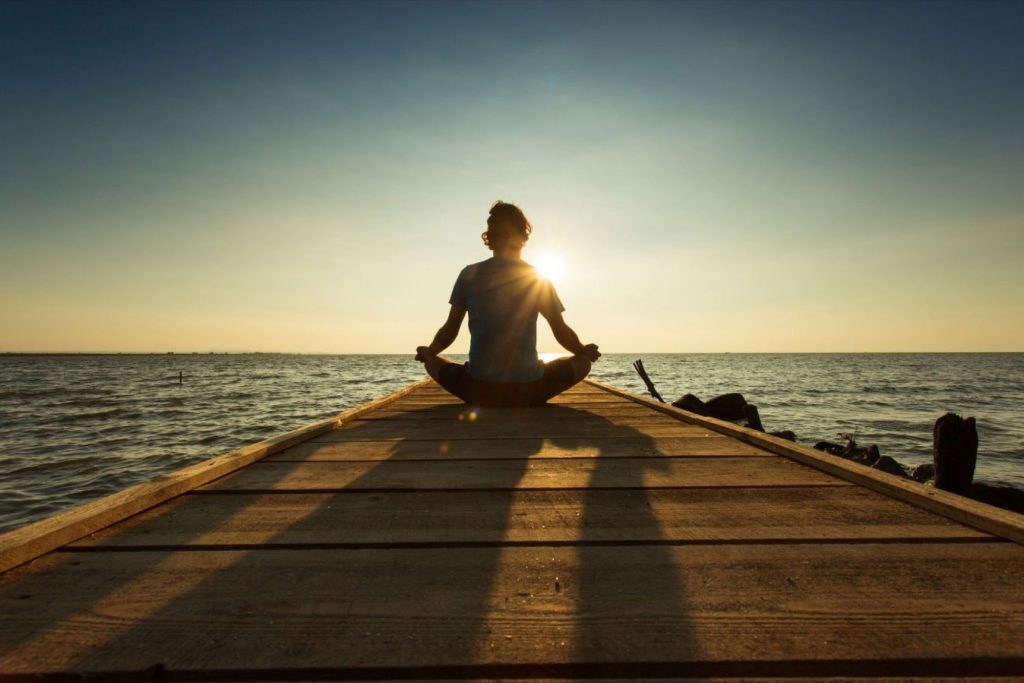
The reason I found meditation was because I’d experienced seven long years of insomnia. I had been desperately seeking solutions for much of that time. Having tried hypnotherapy, acupuncture, yoga, reflexology and various other methods, as well as herbal sleeping tablets, blackout blinds and silicon ear plugs, it was only the meditation that finally resolved it.
However, my research had led to me finding a few things that took the edge off. Since becoming a meditation teacher, I have learned the deeper biological and neurological reasons for poor sleep. I’ve found lots of little things that help, and cumulatively they can make a really significant difference.
Tips for getting a good night\’s sleep:
- Screen discipline : Avoid looking at screens after 9pm if you can. Screens such as smartphones, computers and to a lesser extent television are so stimulating that they will have a significant impact on your sleep quality. Avoiding late night thrillers and action movies would be wise if you wish to avoid insomnia and wake up feeling fresh.
- No caffeine after lunchtime : Caffeine is such a powerful stimulant that it takes six hours for our bodies circadian rhythms to recover from a single cup of tea or coffee, exacerbating insomnia. Enjoy your caffeine fix in the morning so that you don’t disrupt your sleep hormones too close to bedtime. If you need a hit of energy to get you through the afternoon, learn to meditate and power through your day whilst retaining a calm nervous system.
- Eat early, or eat light : Your digestion is such a stimulatory process that if you eat too late, or too heavily, that stimulation will potentially keep you awake at night. It will certainly affect your sleep quality (and leave you feeling sluggish the next day). Eating modest portions of digestible food, prior to 8pm, is generally the best bet. And hot food is usually easier for you to digest than cold food.
- Carbalicious suppertime : Proteins are generally harder to digest than carbs, so lean towards those at lunchtime when your digestion is strongest. Carbs can be broken down more easily and work well in the evening. They will create a rise and then fall in sugar levels that will help you drift off into a golden slumber really easily.
- Regular sleep patterns help A LOT : If you are waking up and going to bed at different times each day, your body is never going to be able to develop a satisfactory sleep rhythm. One common habit we have which we mistakenly assume is helpful is having two lie-ins at the weekend. If we change our rhythm on two successive days by waking up later, by the time it comes to Sunday night our body is going to be confused. We will naturally struggle with insomnia, and we will likely arise with a groggy start to the new week. It may feel counter-intuitive, but waking up earlier on one of those two days will generally make you feel better, not worse.
- A booze snooze is a low grade ruse : It may feel comforting to knock yourself out with a pre-bed tipple, but alcohol is universally renowned for having a detrimental impact on sleep quality. If you need a relaxant, use meditation. Not only will you get a golden night’s rest, but you’ll also feel restored in so many ways as all the side effects are virtuous. And who amongst us ever wakes up wishing they’d drank more the night before!
- Sleep Timing : The timing of when you go to bed makes such a big difference to how much health and restoration you achieve through the night. For 1.8 million years we’ve been going to bed early! So it’s natural that when we keep to this trend, our body is going to have a much better idea about what it is meant to do. A useful rule of thumb is that for every hour of sleep you take before midnight, it is worth two hours of sleep after.
- Sunrise in your nest : Our bodies have programmed themselves to go into a more active state of functioning once sunlight reaches the retina in our eyes. This can happen before you wake up because those photons of light can pass through your eyelids and into your eyes, leading to artificial insomnia. So to help you make use of this phenomena, you could get yourself a sunrise alarm clock. It will gently awaken you to the day by gradually getting brighter, rather than alarming you with an body-shocking alarm. You’ll feel so much more alive.
- Cheeky thermal manipulation : If sleep is proving problematic, you can have a hot bath an hour before bed. This will then result in your body temperature cooling as you drift off to sleep. This tricks your body into sleep readiness and stave off insomnia. A popular shortcut to this is to take a nice hot shower just before bed.
- Morning exercise is best : Strenuous exercise in the evening can result in your nervous system being too wired to sleep. If good sleep is important to you, then consider revising your schedule so that you can exercise in the morning. Use the tips here to help you get up easily. Also be aware that good sleep will be as helpful a part of you keeping trim as good exercise, as good sleep will help regulate our hunger hormones. You can also use Beeja meditation to calm the nervous system down after evening exercise.

The Benefits of Beeja Meditation
- Reduce stress and anxiety
- Greater clarity and calm
- Increase focus
- Enhance relationships
- Sleep better
- Feel energised



